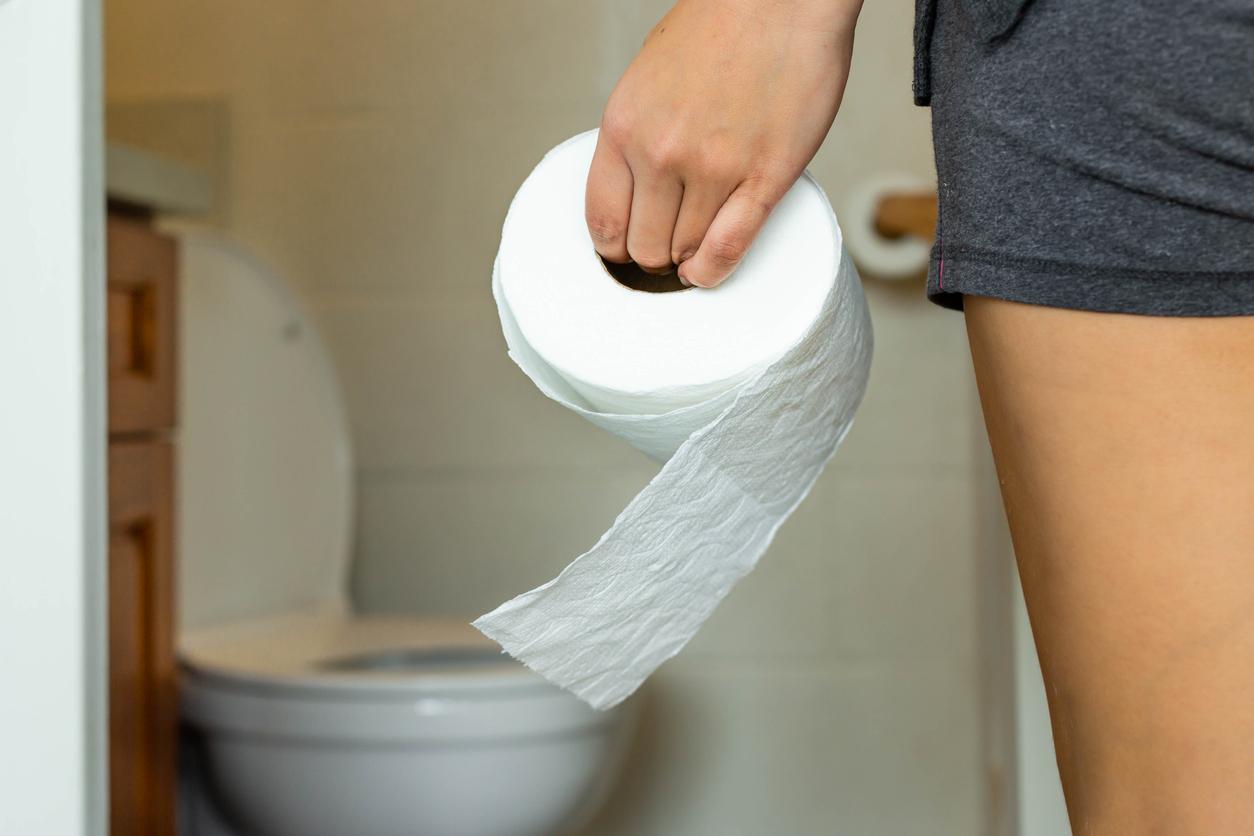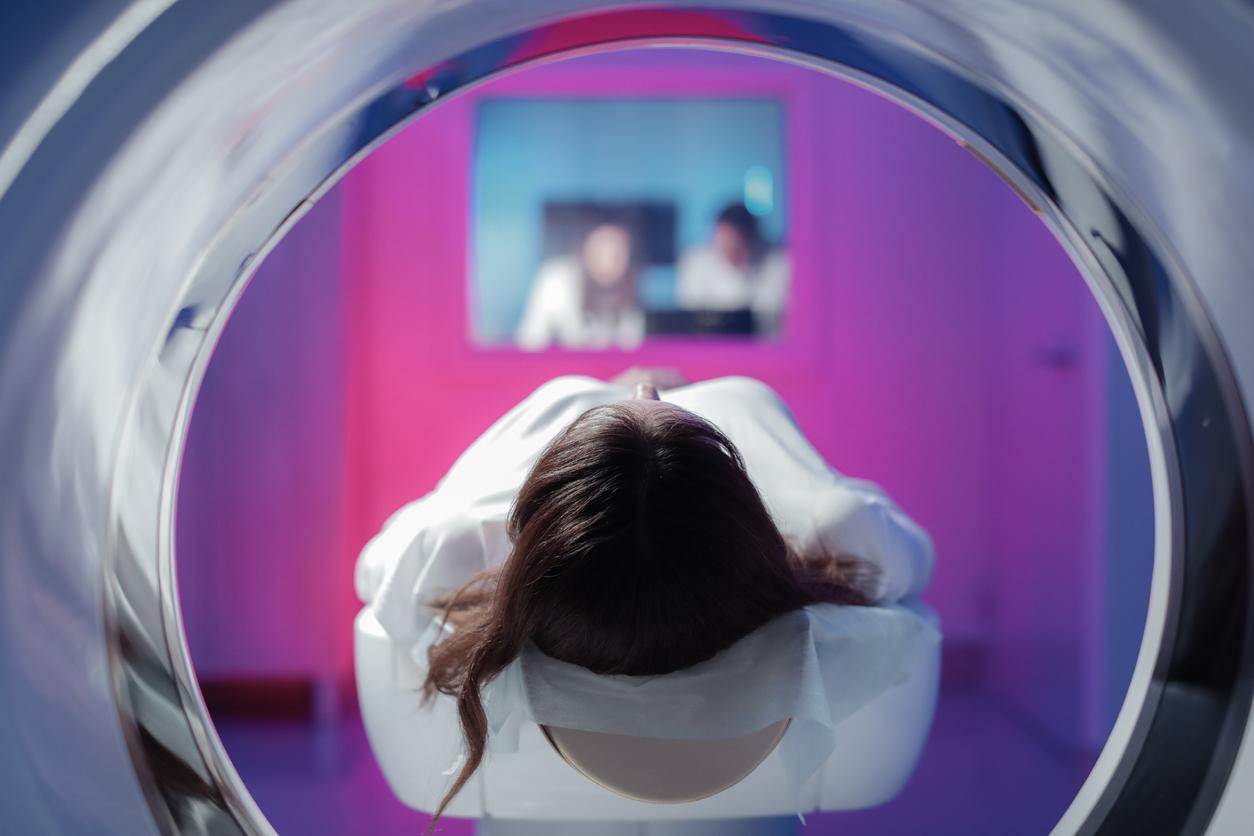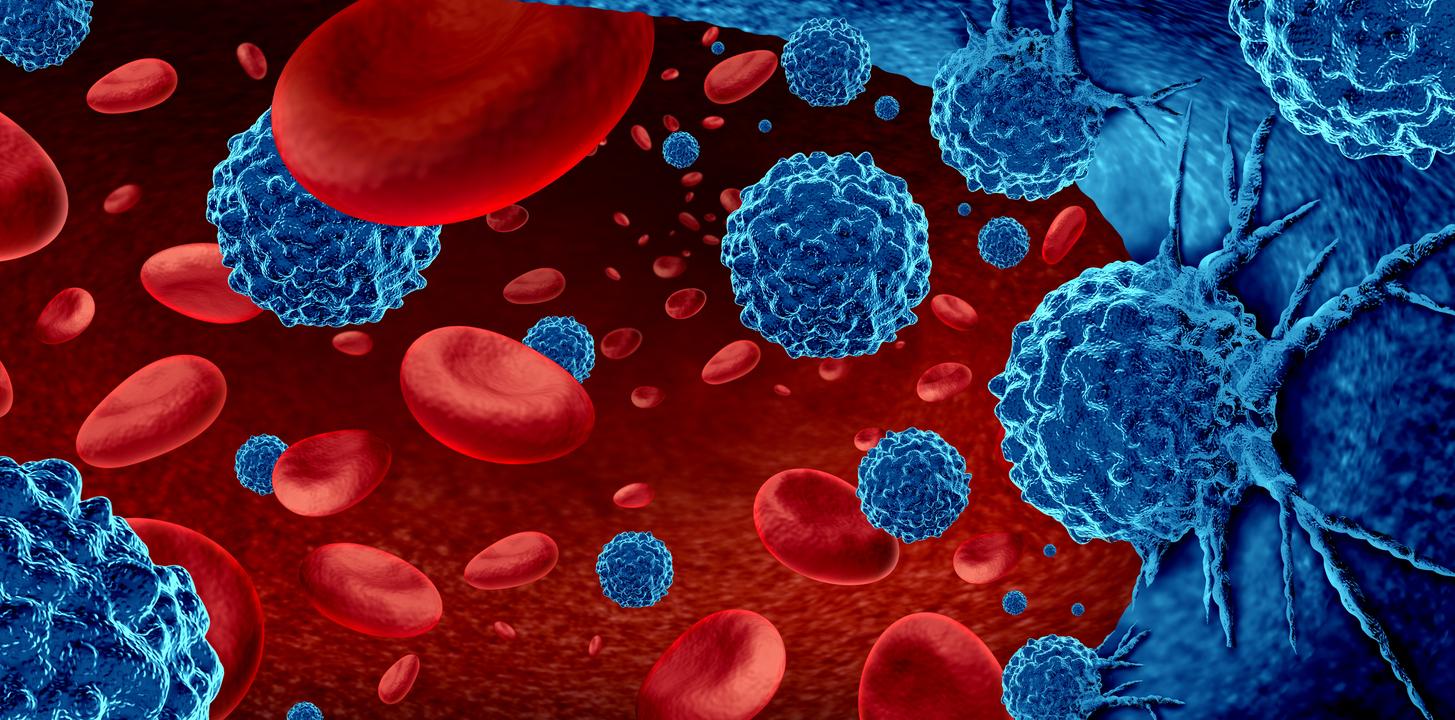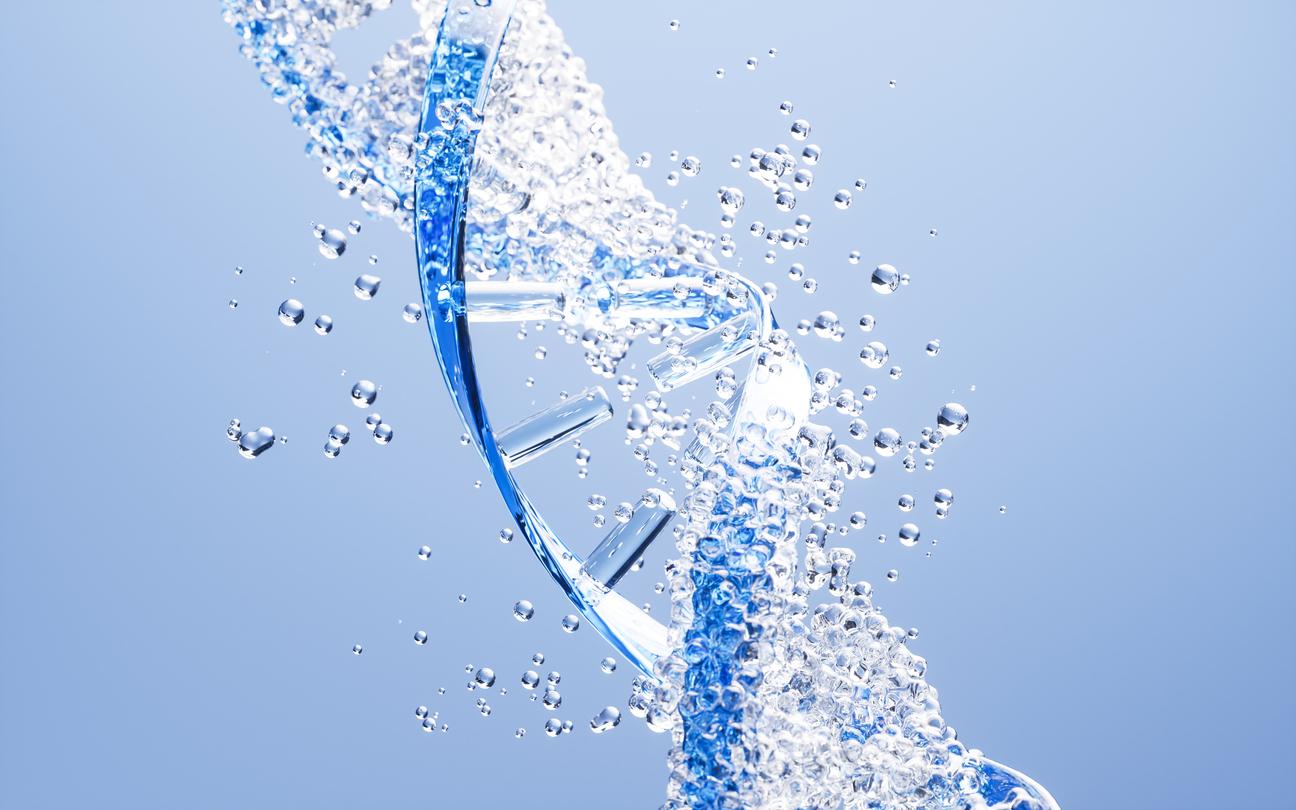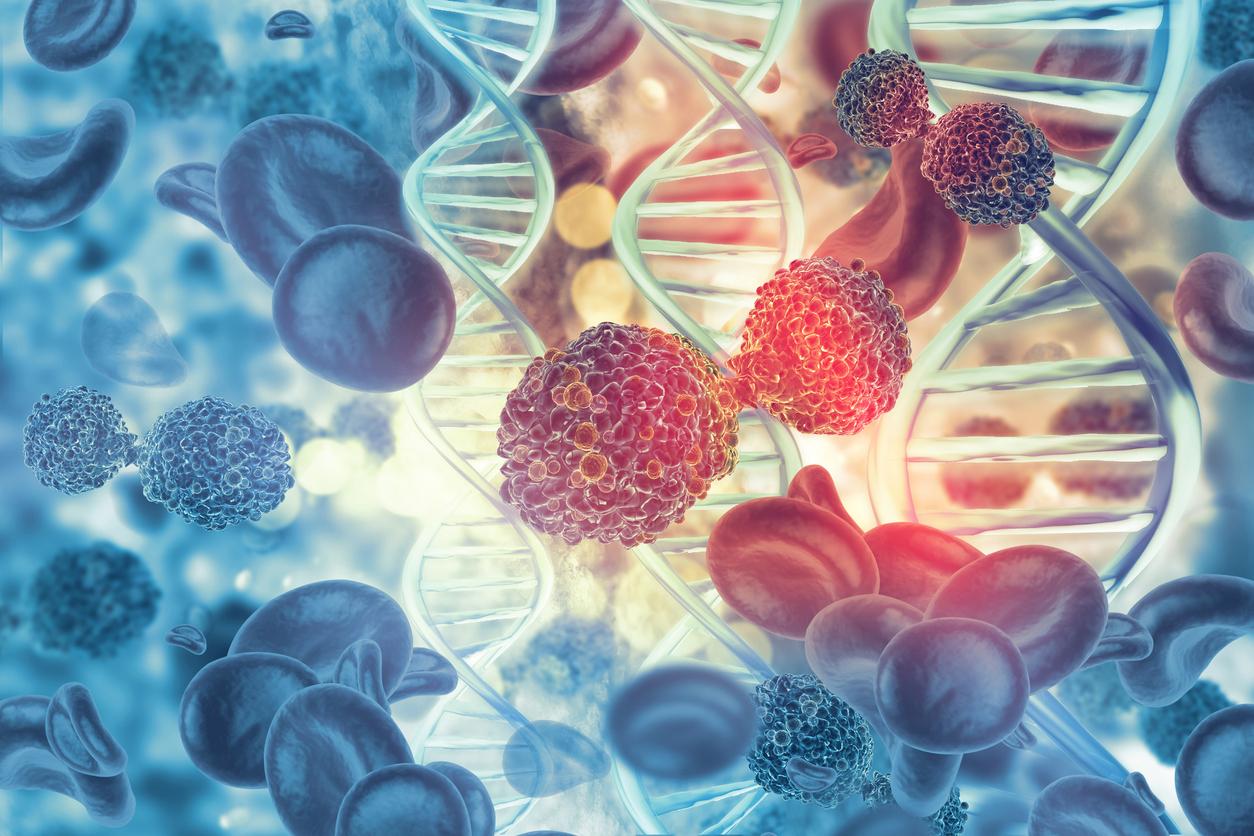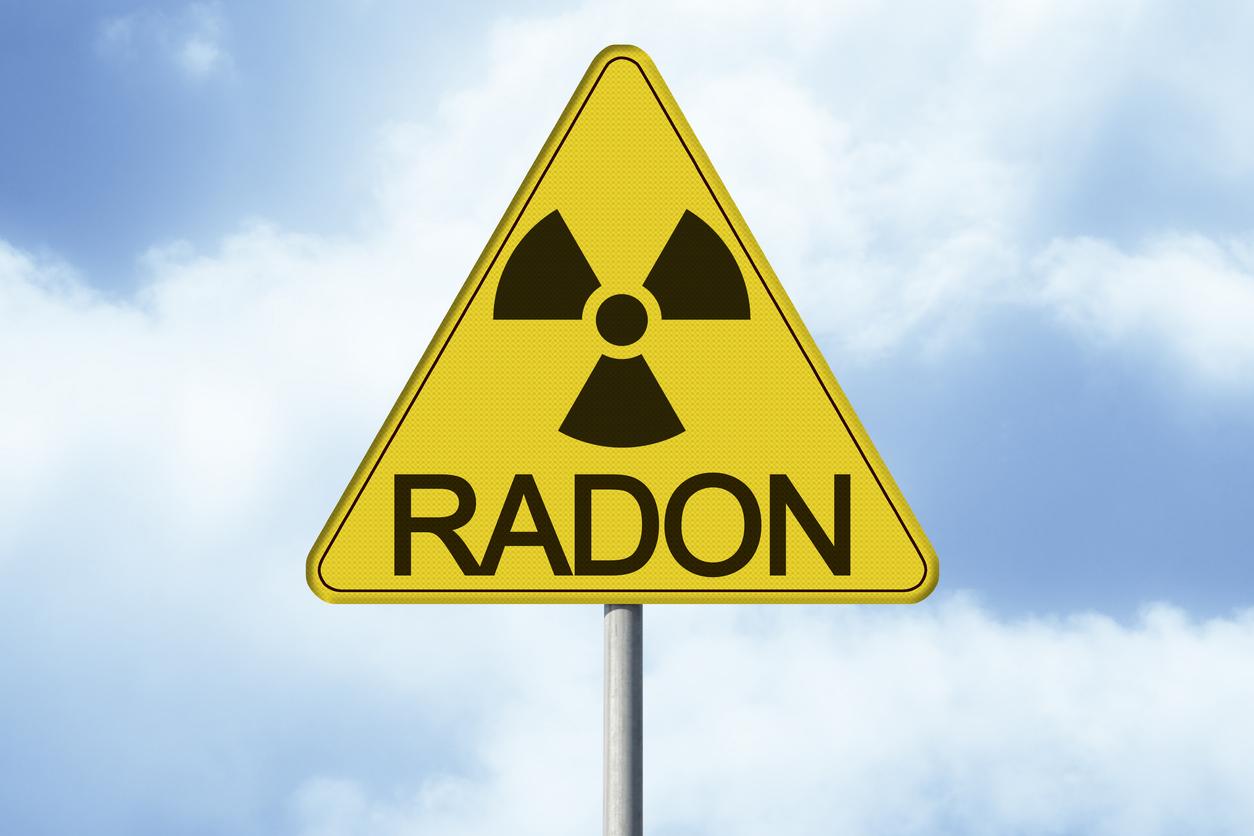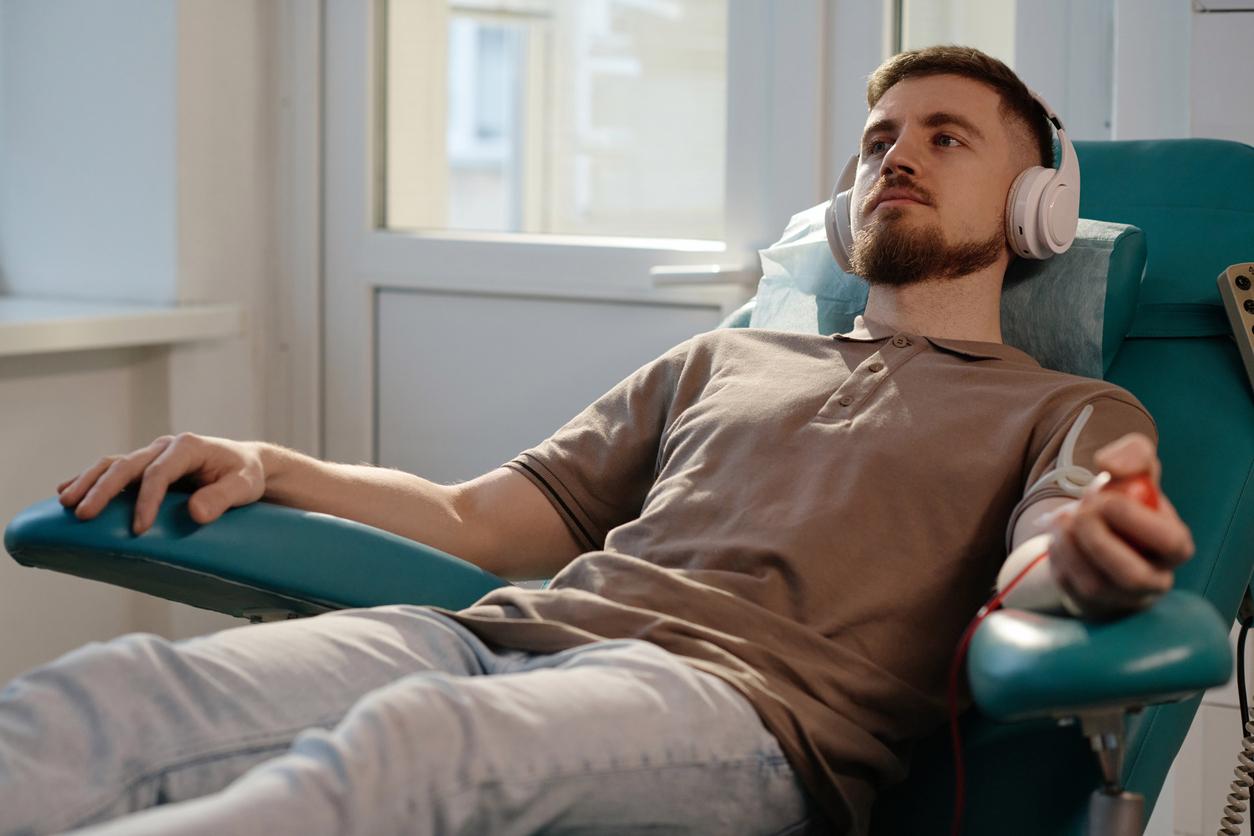Why Doctor went to a concert organized on November 25 at the New Morning in Paris by the Capucine Foundation to raise funds to fight against leukemia. During the event, the speakers recalled the importance of bone marrow donation, without which most patients would be doomed.
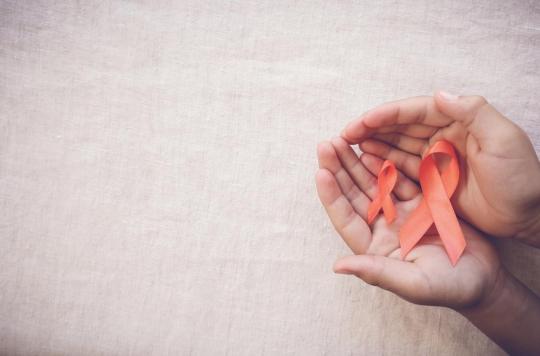
“I came to thank you, because it is thanks to you that I am here tonight, that I am alive. You are all my anonymous donor, the very one who allowed me to live. Thank you all for being here”. In front of an audience of 400 people gathered Monday, November 25 at the New Morning (Paris 10and) at a concert organized against leukemia, Ian, 31, recounts his fight against the disease in a trembling voice. “I was 24 when it hit me, I was a fifth year medical student and I immediately understood that I might not get out of it”. And yet… the young man survived and now leads a happy and fulfilling life, married to his “girlfriend at the time”. However, nothing would have been possible without the bone marrow donation of an anonymous German.
“We need young people! Compared to Germany, which has a very large file, we realize that in France people are very hesitant to register and it is obvious that looking abroad is very expensive. Young people here should commit themselves more to keeping the donor file up to date because from the age of sixty we can no longer give”, warns Pascale de la Baume, founder of the Paris branch of the Capucine Foundation.
Founded in 1996 in Dunkirk from an outpouring of solidarity around a little girl suffering from leukemia, Capucine, who “would have been 28 today if she had survived”, the Foundation is behind the concert of “40 years of French and English varieties” organized at the New Morning with Bertrand de Sailly, amateur singer, and the Splendid orchestra.
“Don’t be afraid” to give
“A donor is very expensive. He must be housed, fed, medicalized with the caregivers around him for several days, even several weeks or a month”, adds Jean-Christophe, who gave his bone marrow to his sick brother, and, like Ian, testifies on stage before the music begins. “I didn’t cost very much at the Institut Paoli-Calmettes (Marseille) because it was my sister-in-law who put me up. But that year, there were Australians for example”, he recalls, pushing the spectators to be “generous with the Capucine Foundation” which also has a telephone hotline to support the sick and their relatives.
But Capucine also gives donors valuable information. “To be able to make a donation, all you have to do is call a French blood establishment and ask for an appointment to register on a bone marrow file. Some conditions are however necessary to be eligible: you must not take drugs, not have a piercing or cardiovascular disease…”, explains Why Doctor Pascale de la Baume. You will therefore first have to answer the doctors’ questions before taking a blood test to determine your HLA typing. The latter is used to know which donor corresponds to which patient. It is about having the same, or at least an acceptable number, of similarity of HLA genes and antigens.
Once in the files, if it turns out that you are compatible with a patient, you can be called at any time for a sample. In the best of cases, the operation will be done by apheresis. “The donor receives beforehand for a few days, by subcutaneous injection, a drug. This is identical to what is made naturally by the body to regulate the level of bone marrow cells. It stimulates their production and makes them pass from the bones to the blood where they will be recovered. One to two samples (lasting about 4 hours) are necessary. Collection by apheresis makes it possible to collect hematopoietic stem cells in large quantities”, explains bone marrow donation website. “You don’t have to be afraid: everything that is taken from you is redone very quickly”, assures Pascale de la Baume.
Advertising
Click here to find out more
When solidarity works
To raise awareness about bone marrow donation as much as possible, the Capucine Foundation organizes many events all over France. “We have six branches, each made up of five to eight volunteers, and we organize sacred music choirs, clothing sales, golf and bridge tournaments all over the place. Last year, young people ran a marathon for us. Any opportunity is good to create an event, explains Pascale de la Baume who is pleased with the strength of the network around the Foundation. There are few on the air but as soon as I need help for a mailing or other, I call on my friends and I always have some who come to help me.
A word of mouth which also allowed the organization of the concert at the New Morning since Bertrand de Sailly, the singer, is a “friend of a friend” who agreed to perform on a voluntary basis to help the Foundation. With more than 400 tickets sold at €30 for the event, Capucine has done well. “It was super full, what bothered me was having people standing. We still have a big file, we’re lucky to have a lot of connections. For this concert, we told people to bring their friends and that’s how we get there”, enthuses Pascale de la Baume.
Thanks to the popularity of these events, Capucine manages to collect substantial sums, because in addition to raising awareness of donations, its objective is of course to finance medical research. In six years, €609,000 have been donated for 32 projects. In detail, Capucine works in partnership with the French Society for Bone Marrow Transplantation and Cellular Therapy (SFGM-TC), the French Society for the Fight against Childhood and Adolescent Cancer and Leukemia (SFCE) and the Foundation for Medical Research (FRM). These three research organizations launch calls for projects. The files submitted are submitted for expertise and selection to their respective scientific councils. The Capucine Foundation then chooses from among the selected projects those it wishes to finance.
No money, no research
Foundation, Capucine has only been since May. “Now that we have Foundation status, we will try to recover legacies. Before, as an association, we could not receive an inheritance,” explains Pascale de la Baume.
Because as always, money is the sinews of war. “What we do can only be possible if we have money. My laboratory would have ceased all activity during the last thirty years if I had not had money from Foundations such as the league against cancer or the Arch. You are going to tell me that it is the government, public health which should pay, it is true, but without the participation of generous donors, the research stops tomorrow. It’s very sad when you see the lives it can save”, says Professor Perbal to the many friends of Capucine who face him. Then, to a round of applause, the scientist steps aside to make room for the music. My troubles d’Aznavour gets the ball rolling.

.









